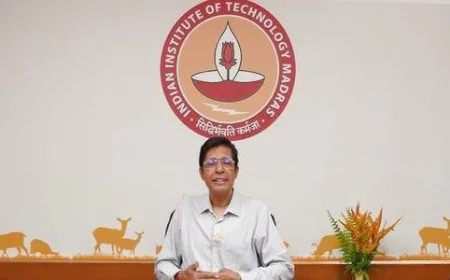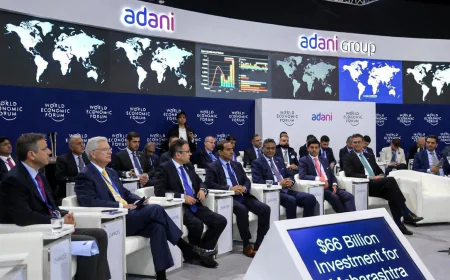RBI to launch pilot e-rupee soon: Concept paper on digital currency issued
RBI to launch pilot e-rupee soon: A concept paper on digital currency issued, the value of e ₹ will be equal to the current currency

The Reserve Bank of India (RBI) on Friday (October 7) released the concept paper on digital currency. The central bank said that it will soon launch a pilot e-rupee.
The central bank said in the statement, “The purpose behind issuing this concept note is to create awareness about CBDC in general. Apart from this, about the planned features of the Digital Rupee (e ₹) in particular through this note. Awareness also has to be created.
The Central Bank further said, “This note explains the objectives, options, benefits and risks of issuance of CBDC in India. It also seeks to explain the Reserve Bank's approach toward the introduction of CBDC.
RBI said, 'The Reserve Bank will soon start a pilot launch of e₹ for specific use cases. As the scope and scope of such pilot launches expand, RBI will explain the specific features and benefits of e₹ from time to time.'
The Reserve Bank broadly defines a CBDC as a legal tender issued by a central bank in a digital form. It is similar to sovereign paper currency but has a different form.
The value of e ₹ i.e. digital currency will also be equal to the current currency. It will also be accepted as physical currency. CBDCs will appear as a liability on the balance sheet of the central bank.
Suppose you transact with a CBDC instead of your bank account through a UPI system. In this, there is no need for interbank settlement as soon as the cash is handed over. With this, transactions from the payments system will be done in more real-time and at less cost. This will enable Indian importers to pay digital dollars in real time to US exporters without any middlemen.
With the introduction of digital currency, the cost of transactions for common people and businesses with the government will be reduced. For example, a worker in the UAE gets 50% of the salary in the form of digital money. With this, these people can send money to their relatives present in other countries easily and without paying extra charges.
The World Bank estimates that at present, sending money to other countries in this way has to pay a fee of more than 7%, while with the introduction of digital currency it will come down to 2%. With this, low-income countries will get more than $ 16 billion (Rs 1.2 lakh crore) every year.




































.jpeg)































































































